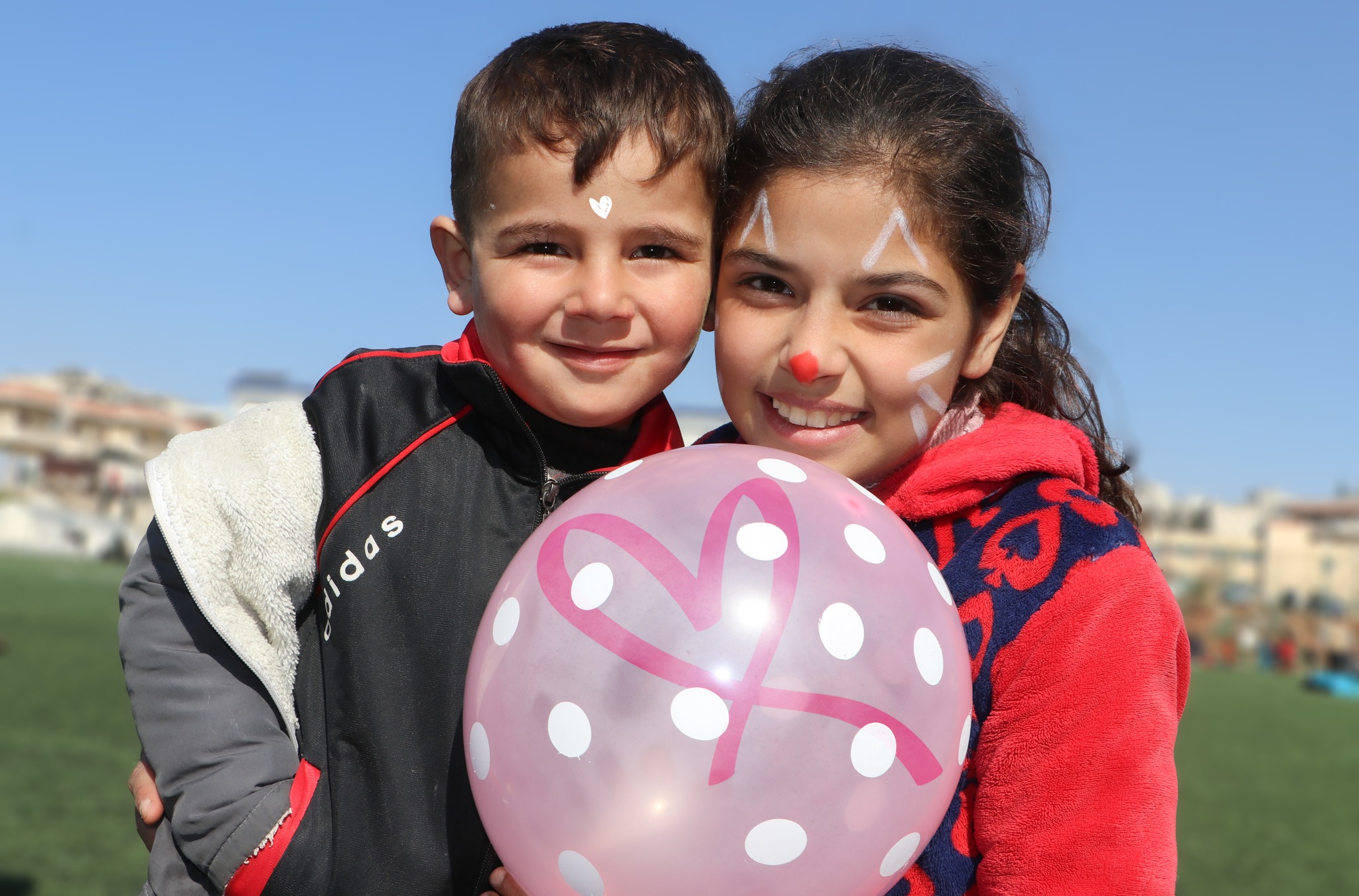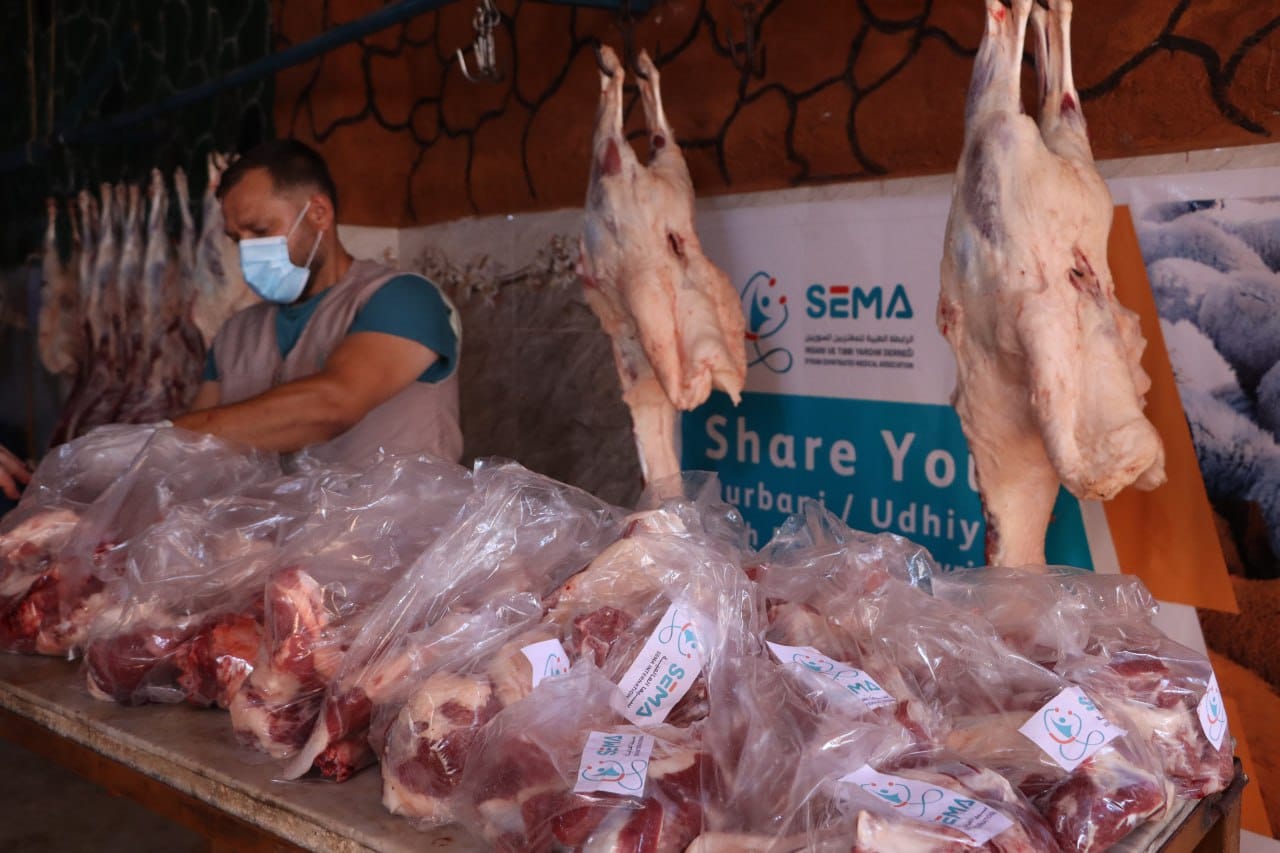Ramadan, the month of mercy, presents a time of immense spiritual significance. It is a period marked by abundant rewards and an opportunity to seek forgiveness for past transgressions and sins.
The significance of Ramadan is beautifully encapsulated in the words of Ibn Abbas reported:
“The Messenger of Allah (PBUH) was the most generous of the men, and he was the most generous during Ramadan when Jibril visited him every night and recited the Qur’an to him. During this period, the generosity of the Messenger of Allah (PBUH) waxed faster than the rain-bearing wind.” [Al-Bukhari and Muslim].
In this article, we delve into the profound significance of fasting and giving, exploring how these acts strengthen our faith and bring us closer to the essence of Ramadan.
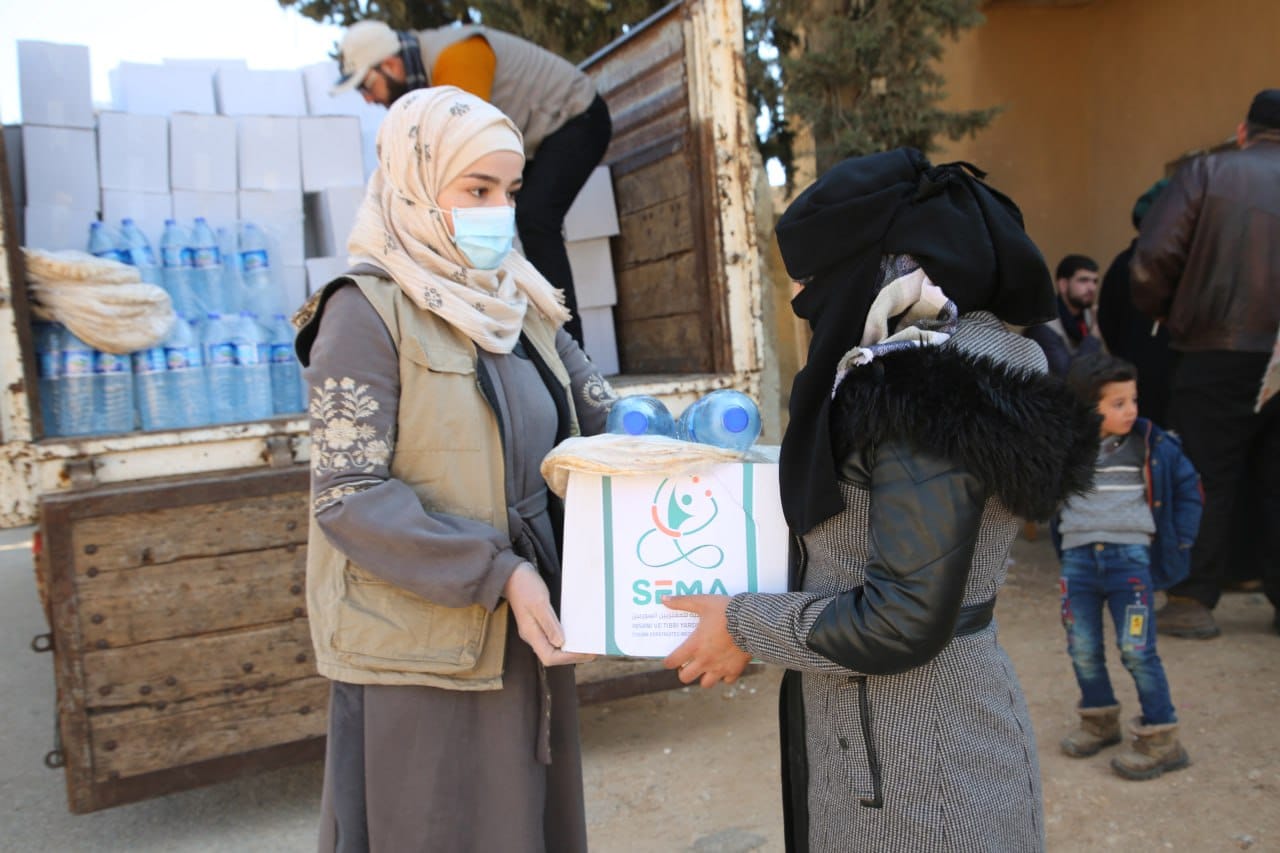
Understanding Ramadan and Its Pillars
Allah (SWT) has mandated fasting Ramadan as one of the five pillars of Islam, affirming this in the Holy Quran:
“O believers! Fasting is prescribed for you—as it was for those before you—so perhaps you will become mindful ˹of Allah˺.” [Al-Baqarah 2:183].
The Spiritual Significance of Fasting
Fasting Ramadan holds profound spiritual benefits, cleansing the soul from worldly desires and impurities. Prophet Muhammad, peace be upon him, illustrated the sanctity of this month, stating:
“When Ramadan begins, the gates of Jannah are opened, the gates of Hell are closed, and the devils are chained.” [Al-Bukhari and Muslim].
As the blessed month of Ramadan approaches, it brings abundant blessings and mercy. The virtues of fasting in Ramadan are numerous, including forgiving sins.
Narrated Abu Huraira: Allah’s Messenger (PBUH) said:
“Whoever observes fasts during the month of Ramadan out of sincere faith and hoping to attain Allah’s rewards, then all his past sins will be forgiven.” [Sahih al-Bukhari 38].
In addition to seeking forgiveness, fasting resonates as an act pleasing to Allah (SWT).
Narrated Abu Huraira: The Prophet (PBUH) said, “Allah said:
The Fast is for Me, and I will give the reward for it, as he (the one who observes the fast) leaves his sexual desire, food, and drink for My Sake. Fasting is a screen (from Hell), and there are two pleasures for a fasting person, one at the time of breaking his Fast and the other at the time when he will meet his Lord. And the smell of the mouth of a fasting person is better in Allah’s Sight than the smell of musk.” [Sahih al-Bukhari 7492].
The Pillar of Zakat: Charitable Giving in Islam
Zakat, the third pillar of Islam, stands as a fundamental obligation for every Muslim, akin to the obligation of prayer. In its essence, Zakat signifies growth, increase, and purity.
It serves as a means of charity, with specific conditions and destinations, as emphasized in the Holy Quran.
Allah (SWT) said: “Indeed, those who believe, do good, establish prayer, and pay alms-tax will receive their reward from their Lord, and there will be no fear for them, nor will they grieve.” [Al-Baqarah 2:277].
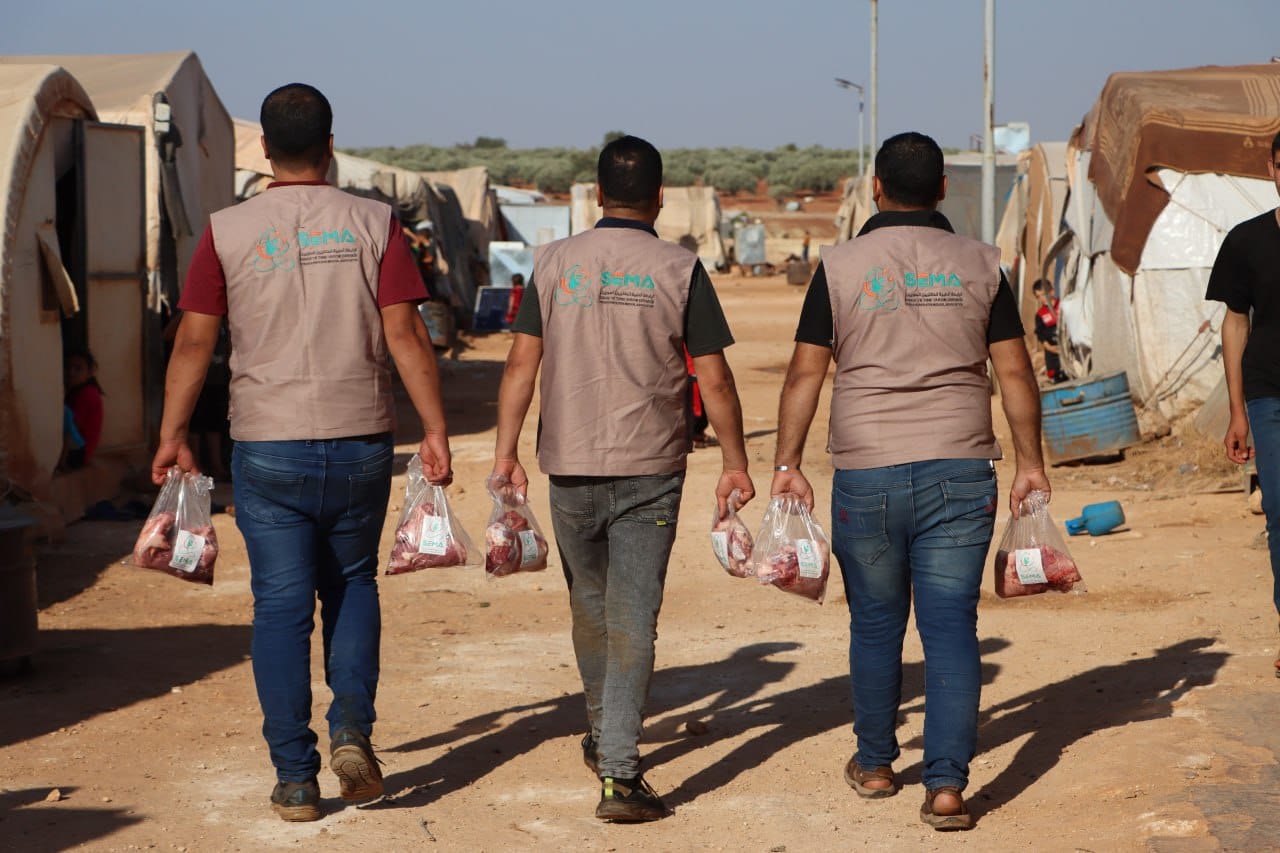
The Benefits of Giving Back During Holy Months
During this sacred month, engaging in acts of charity and fulfilling Zakat elevates the servant’s status and purifies the soul and wealth, drawing individuals closer to Allah (SWT).
The Messenger of Allah (PBUH) encouraged the diligent pursuit of obedience during these virtuous days, urging the believers to hasten in performing good deeds and reap their great rewards.
The virtue of giving in Ramadan and its fruits lie in the following:
- Bringing Society Closer Together: The benefits of Zakat extend beyond the individual, permeating the Islamic community and strengthening the bonds of love and fraternity amongst Muslims. It fosters love and peace while significantly stimulating the economy and financial cycles.
- Purification of Money and Soul: Among the greatest fruits of Zakat and charity is purifying a Muslim’s wealth and soul from the impurities that disrupt inner peace.
- Abundance in Livelihood: Charity becomes a source of increasing livelihood during Ramadan and beyond.
- Developing Self-Altruism: Giving in Ramadan imparts practical training in liberating oneself from desires and pleasures, fostering asceticism in wealth, nurturing the generous spirit of assisting the impoverished, and transcending the dominance of human desires.
Fostering Resilience in Distressed Communities
As the blessed month of Ramadan approaches, it heralds goodness and joy. Yet, millions of Muslims among our oppressed brethren in various countries—including Palestine, Syria, Lebanon, Yemen, and others—lack sufficient food and drink. As we rejoice, we must recognize that numerous families barely exist on a single meal a day.
Donating to those who fast in these afflicted regions becomes a means of saving lives, especially amidst the prevalence of ailments and hardships stemming from malnutrition among numerous innocent children who unjustly bear the brunt of wars and strife.
The Impact of SEMA During Ramadan
Today, millions of refugees and displaced individuals endure precarious living conditions in refugee camps, grappling with limited support, food scarcity, inadequate clothing, and a shortage of medical provisions.
This marginalized group awaits Ramadan eagerly, anticipating the kindness and blessings brought to them at the hands of their compassionate Muslim brethren.
Feeding the hungry and facilitating the breaking of fasts for those observing Ramadan represents a noble act of charity, carrying exceptional significance during this auspicious month. Such benevolent deeds are hailed in numerous Quranic verses and hadiths, including the following:
- Allah (SWT) praises His righteous servants in the Holy Quran, stating:
“and give food—despite their desire for it—to the poor, the orphan, and the captive” [Al-Insan 76:8].
- The Messenger of Allah (PBUH) proclaimed:
“Whoever provides iftar to a fasting person will have a reward like it, without that detracting from the fasting person’s reward in the slightest.”
[Sunan al-Tirmidhi – 807].
Imagine the impact of such donations, particularly for those afflicted by poverty and malnutrition, who struggle to sustain a livelihood and battle diseases resulting from their dire circumstances.
Medical Aid and Social Support in Ramadan
In refugee camps, the pressing need transcends mere sustenance, extending to a severe dearth of healthcare services and medical aid for the sick and injured. The scarcity of funding and inadequate organization compounds the challenges faced by the individuals in these camps.
Recognizing this critical situation, the Syrian Expatriates Medical Association (SEMA) teams labor tirelessly to provide various health services to refugees within the constraints of available resources. Foremost among these services are:
- Establishing medical facilities and dispensaries within the camps.
- Administering treatment and providing medication for individuals with chronic ailments.
- Conducting surgical procedures at equipped hospitals.
- Administering vital vaccine doses to all refugees, focusing on children.
- Offering comprehensive health services catering to women and expectant mothers.
Your contributions hold immense potential to impact lives profoundly:
- $10 covers treatment for two patients.
- $50 provides medicine for five individuals.
- $100 donation covers a patient’s intensive care.
- $150 supports a crucial surgical procedure.
- An extraordinary donation of $1,000 provides treatment for 200 displaced patients!
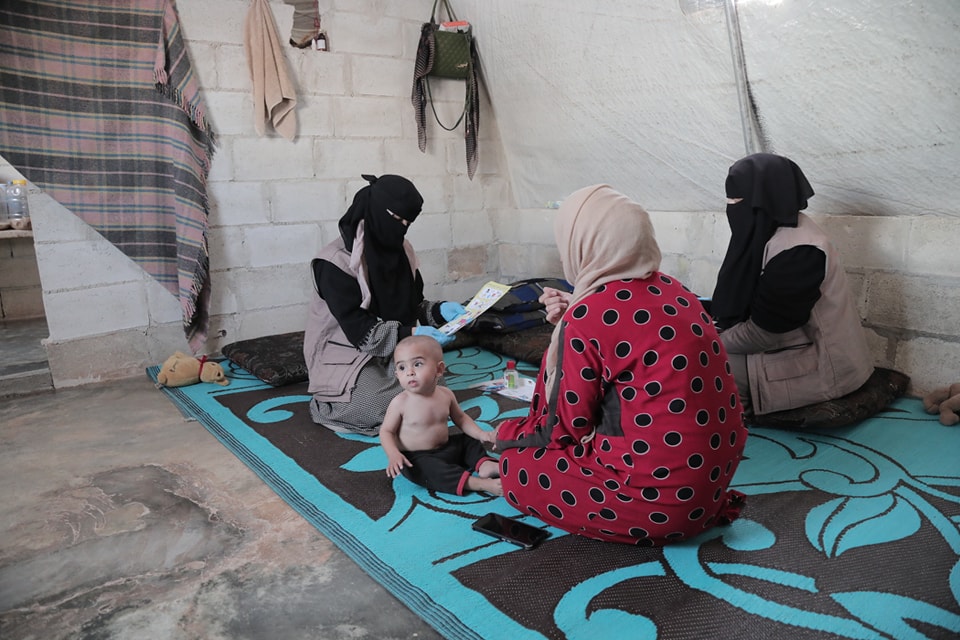
Join our charitable work this Ramadan!
As the sacred month of Ramadan approaches, we extend a heartfelt invitation to join hands with the “Syrian Expatriate Medical Association” (SEMA) in supporting refugees and displaced individuals.
Your contributions play a pivotal role in providing essential physical and mental health services sustenance, and medication throughout the year.
Do not hesitate to extend a helping hand to these vulnerable communities during this blessed month.
Channel the teachings of the Messenger of Allah (PBUH) as a guiding light in your life!
FAQ
What is the significance of fasting during Ramadan?
Fasting during Ramadan holds immense spiritual significance, serving as a period for seeking forgiveness, reflecting on one’s faith, and fostering self-discipline. It cleanses the soul and allows increased mindfulness and spiritual growth.
How can I contribute to SEMA’s efforts during Ramadan?
You can contribute to SEMA’s efforts by donating to support refugees and displaced individuals. These contributions provide physical and mental health services and essential food and medication support throughout the year.
What kind of support does SEMA offer to communities during Ramadan?
SEMA provides various health services to refugee communities, including establishing medical facilities and dispensaries, treating chronic ailments, performing surgical procedures, providing vital vaccine doses, and extending comprehensive healthcare services to women and expectant mothers.
Can donations to SEMA count as Zakat?
Yes, donations to SEMA can count as Zakat, given the organization’s focus on providing essential support, especially during Ramadan, in healthcare, sustenance, and medical aid to disadvantaged communities. Among the 8 deserving Zakat according to Sharia law.
How does giving back during Ramadan enhance my spiritual journey?
Giving back during Ramadan enhances the spiritual journey by fostering empathy, generosity, and selflessness. It cultivates a deeper connection to faith, instills a sense of communal responsibility, and aligns one’s actions with the teachings of compassion and charity exemplified during this sacred month.
Read More:
Fasting and Giving: Strengthening Our Faith During Ramadan
The Do’s and Don’ts of Taking Medications While Fasting
Maximizing Good Deeds: Last 10 Days of Ramadan for Helping the Needy
What Are the Benefits of Giving to Charity During Ramadan?
Unlocking the Hidden Health Secrets of Ramadan Fasting
Donate with Purpose: Sadaqah for Illness at SEMA
Understanding Kaffarah: Obligations and Benefits
Zakat al Mal Decoded: Impact on SEMA’s Mission
Sadaqah Jariyah for Education: SEMA’s Educational Initiatives


